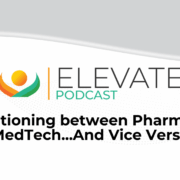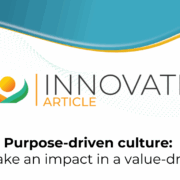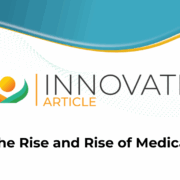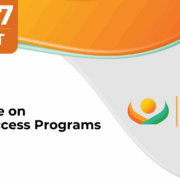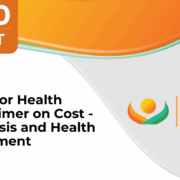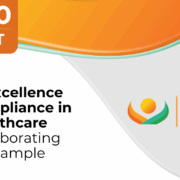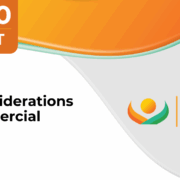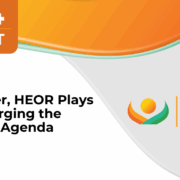Podcast: Transitioning between Pharma and MedTech…And Vice Versa
In this podcast, senior leaders outline the core similarities and differences between Pharma and MedTech; assess the pros and cons of a potential move from Pharma into MedTech; and describe the practical changes required to anticipate and prepare for such a career move.

